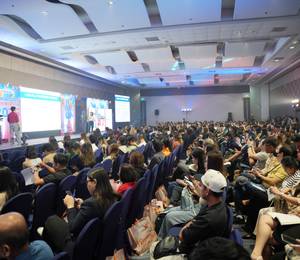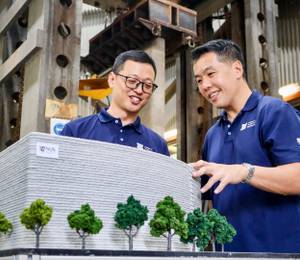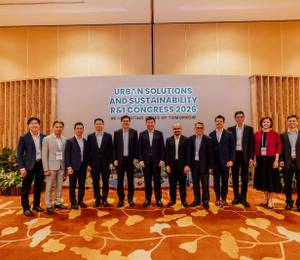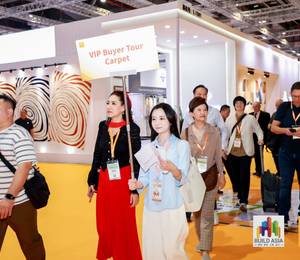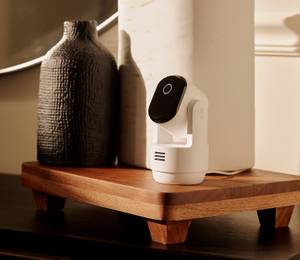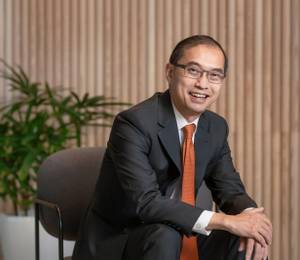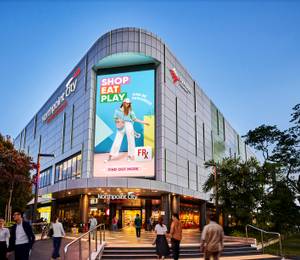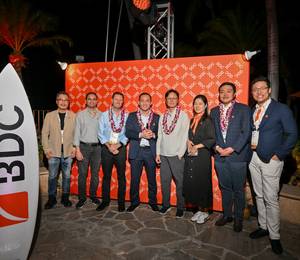Hong Kong – RDA’s Hong Kong Palace Museum, a flagship project of the West Kowloon Cultural District (WKCD) development, has officially opened. As a new centre for Chinese art and antiquities in Hong Kong, the building will be home to more than 900 objects from the Beijing Palace Museum in the Forbidden City, including 160 Class A artefacts considered national treasures. The building is conceived as a civic hub and new landmark for Hong Kong, as well as a platform to connect new generations with China’s cultural history. It will host interactive and experiential exhibitions, casting new light on antiquities.
The 30,000-square-metre building sits at the western tip of WKCD adjacent to the Art Park, where it commands sweeping views over Victoria Harbour. The design embraces the spirit of bringing Chinese heritage to modern audiences, reinterpreting ancient Chinese spatial concepts in a contemporary architectural language. Based on the notion of spatial exploration through sequential courtyards in the Beijing Palace itself, HKPM stacks three atria that draw visitors up through the building. The vertical stacking references Hong Kong’s dense and compact urban fabric, and also preserves as much open space and landscaped areas on the ground level as possible.
The three atriums offer panoramic vistas of the city and surroundings in different directions. The entrance atrium is oriented towards the east, with a vista towards the Xiqu Centre at the eastern end of the West Kowloon Cultural District. The South Atrium and outdoor viewing deck are rotated towards the south, offering visitors commanding views of Hong Kong’s iconic skyline and is set to become one of the museum’s most “Instagrammable” spots. The uppermost Western Atrium is yet again rotated towards the west, with views of Lantau Island and the South China Sea in the distance. The atria make the social heart of the Museum, where guests can gather to discuss the art on display, enjoy views over the surroundings, and contemplate the art they have seen. They can experience the present city in an unparalleled way and envision the future with the Lantau reclamation project now being promoted.
Approaching the building, visitors pass through a grand elevated plaza that can host installations and performances of traditional ceremonies and dance. The Museum’s entrance pavilion frames the plaza, recalling the gates of the Forbidden City. Beyond, guests enter a vast lobby where they can relax, chat, and learn about the exhibitions on view.
An undulating bronze ceiling articulates the space, referencing the gold Beijing Palace roofs, unfolding to accompany a circulation spine that extends the full height of the building, enhancing vertical connectivity and bringing natural light streaming down from above. This ceiling acts as an orientating and sculptural element, adding accent to the space’s refined palette of stone and polished concrete walls and floors.
The spine winds through three levels of galleries that offer 7,800-square-metres of total exhibition space. The galleries will display a collection of objects from as early as the Jin dynasty (AD 226–420) including painting, calligraphy, rare books, and decorative art including gold, bronze, and jade items.
While most of the galleries have displays that are relatively long-term, a double-height thematic gallery on the fourth floor will house displays that are rotated frequently, and may embrace innovative curatorial experiences, including participatory and technologically enhanced exhibitions. This is also a venue where treasures from different countries – including exhibits from the Louvre in the opening exhibition – can be displayed in dialogue with the treasures from Beijing.
The Museum also includes a 400-seat lecture theatre that hosts public programs and film screenings, activity rooms, and a ground-floor restaurant and shop that create an active edge on the Art Park and harbourfront walkways.
The building was inaugurated in July 2022.
